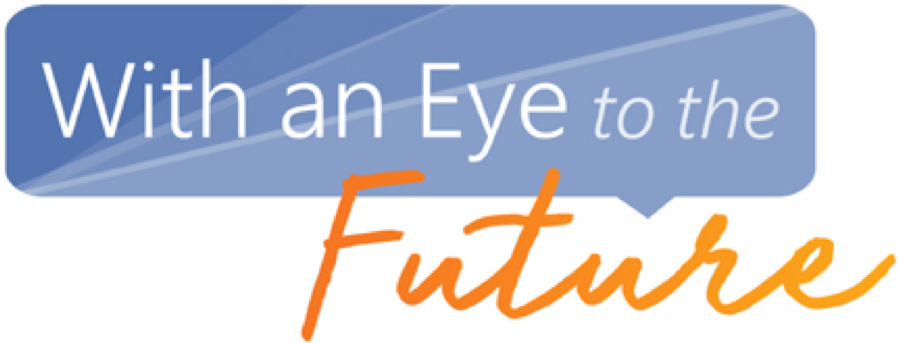2017: Minnesota Racial & Ethnic Survey of Attitudes Towards People with Developmental Disabilities
The objective of this survey was to measure attitudes and opinions among racial and ethnic communities in Minnesota regarding people with developmental disabilities. The results provided insights into potential cultural impacts on attitudes towards people with developmental disabilities among Minnesota's various racial and ethnic communities, including the Hispanic, American Indian, African American, East African, and Southeast Asian communities. The purpose was to compare perspectives among communities regarding equality, equity, diversity, and inclusion of people with developmental disabilities.
https://mn.gov/mnddc/extra/customer-research/MN-Racial-Ethnic-Communities-Survey2017.pdf

The survey gathered opinions from among many racial and ethnic groups.
Results became available on July 6, 2017 with highlights summarized below:
- The African American and American Indian respondents were most likely to indicate that it is very important to investigate all reports of abuse of people with developmental disabilities.
- American Indian respondents were least likely to give high marks regarding the overall performance of Minnesota state government in providing needed quality of services to people with developmental disabilities. Southeast Asian respondents were the most likely to give high marks to state government.
- Hispanics respondents were least likely to believe that school aged children with developmental disabilities should be taught together with children without disabilities in the same classes.
- As a group, East African respondents were most conflicted in their attitudes toward people with developmental disabilities. The majority believe that people with developmental disabilities should be allowed to vote and should get involved in the community. However, a sizable group within the community believes that excluding people with developmental disabilities is OK and that society should not play any role in paying for the extra costs of raising children with developmental disabilities.

